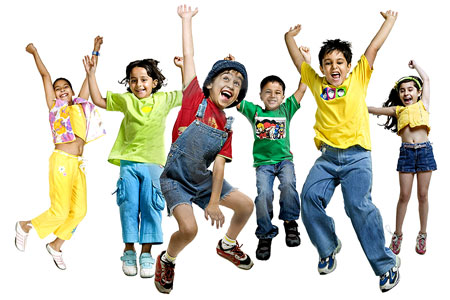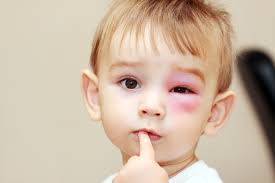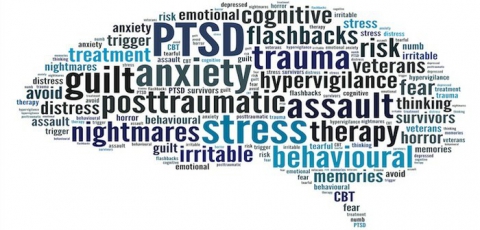I remember being 5 years old, born a girl, born into a large family. I remember playing on a gravel road just outside of my house. I was pouring gravel on my puppy’s belly laughing along with him as I rubbed his belly with it and his leg wiggling along with his tail. I was enjoying this little game we’d play often on this beautiful sunny day.
My mother always had a lot of people over on Sundays after church. I could smell the food from where I was, especially the freshly made flour tortillas, hmm, soon it will be our turn to eat and I was hungry. Men get fed first. They are some special “mother fu*kers” in our culture.
After they are done eating and drinking, taking their time of course, then “let’s feed the children!” So meanwhile, we are playing outside. Running, laughing, playing games, having fun with other kids and my brothers and sisters.
I decided to play with my puppy on the outside of the rose bushes that my mom planted, forming a line, acting as a fence, just off the driveway, pouring gravel on my dogs’ belly.
When my Tio (uncle) Lucio drove up in his greyish old pickup truck and he swung open the door and asked if I would like to go and play at the park (it was close by my house) he would take me. I yelled “Yeah!” I sprung on my feet and shaking the dirt off my Sunday dress, I said, “I am going to call my Brothers and Sisters to joins us!”
He quickly said, “No. Just you,” grasping my arm and picking me up like a rag doll, putting me in his truck setting me beside him “Because you are special to me. I will also buy you an ice cream cone. Would like that?”
“OK”
“Ice Cream cone! I love Ice cream cones!”
As we drove off, I decided to stand myself up holding on to his shoulder and I said “I can’t see, where we are going? Where are we going to first?” He said, “To the park”.
I loved going to the park. My puppy and I would walk by ourselves sometimes and play on the merry-go-round.
I remember it was made of iron and it was cold when we would sit on it and hold on to the bars for dear life. I loved going around and around as someone pushed it going faster and faster until we’d fall out rolling in the soft and safe grass, laughing thinking, how fun!
As we tried getting up and walking or enjoy seeing others trying to walk feeling dizzy. Remember playing on the teeter-totters? I loved playing on them too, placing my puppy on one side of it, but he was not heavy enough so I would pretend he was and push up with my legs and he would jump off. He was no fun.
Yay! We got to the park, but my Tio Lucio passed the merry-go-round and parked under some trees on the other side of the park, and I could not see anyone.
I remember I started crying, and I don’t know why. I think I started to get scared. Something was making me feel scared, bad, and wrong.
Then, my Tio Lucio started to yank my underwear off and threw them on the floor. He grabbed my legs and positioned them in a squatting manner, then started placing his fingers inside me.
Penetrating me with his fingers, he spits on his fingers one at a time, as if washing them inside me. I remember his fingers would sting inside me and I would shout out in pain crying that it would hurt, “shhh, Mija. No te gusta?” (don’t you like this?)
(Stupid Fu*ker. Did I look like I was enjoying this?)
But why did I say, “Si?”








